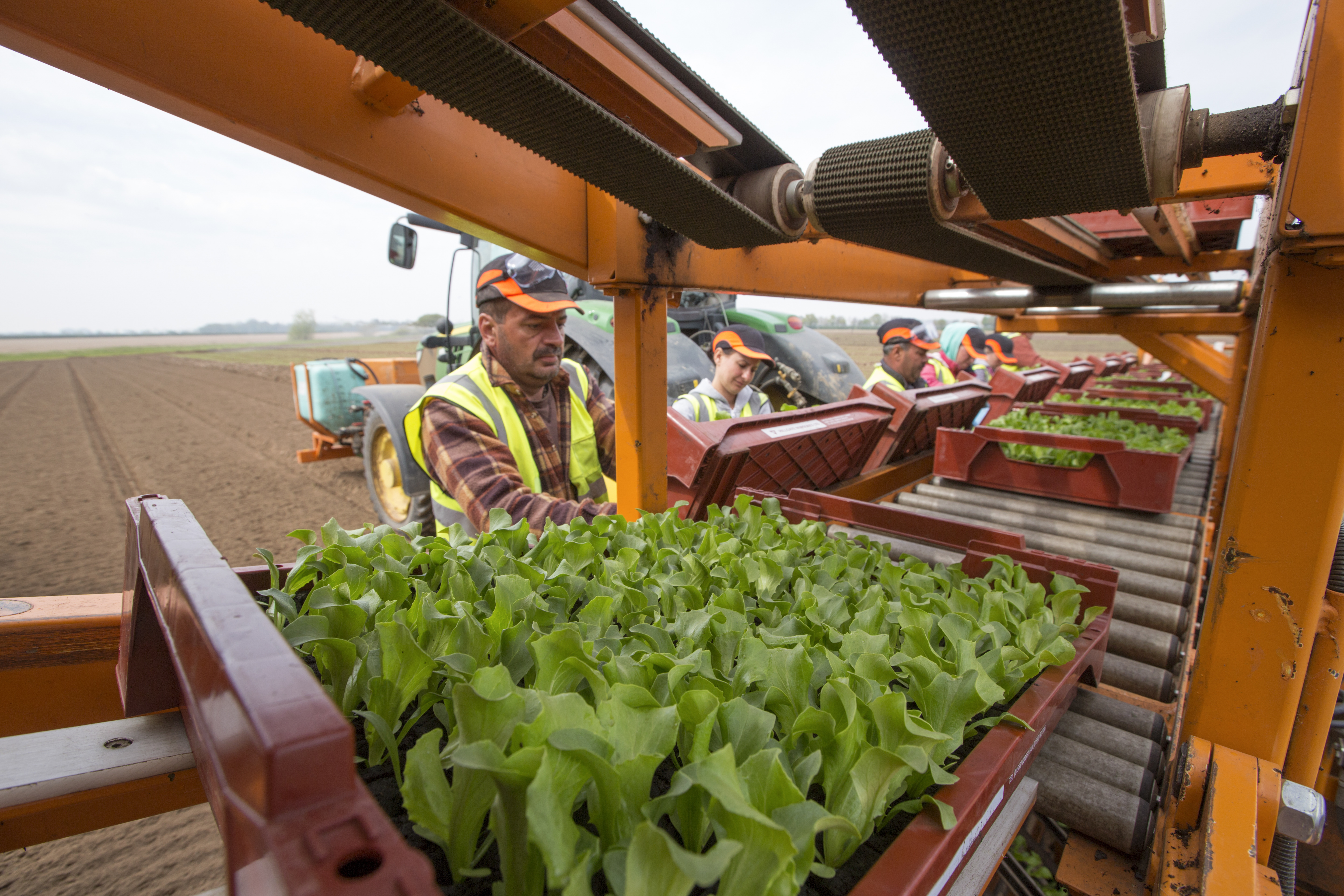Please click here to access the main AHDB website and other sectors.
The pick of the crop: 4 top tips for attracting the best employees
Tuesday, 18 December 2018
The Association of Labour Providers’ Head of Policy Gillian Haythornthwaite explains how you can attract the best employees to your business
Good labour is often a scant resource, no matter what industry you work in, so attracting the best is a constant challenge. But for an industry like horticulture, that is heavily reliant on seasonal labour with a dwindling pool of available quality workers, means that the need to attract and retain the best employees is perhaps more important than ever. Fortunately, there are ways to do this, and the good news is you don’t have to break the bank to do so.

“A lot of seasonal workers will keep coming back to the same place year-after-year, but at the moment because of Brexit there’s a great feeling of uncertainty about whether that will continue and I know some businesses have lost labour to other parts of Europe because of that,” explains Gillian.
Providing a supportive and trusting environment can help to settle workers into your business, help them to hit the ground running, and display your business in a positive light. This is particularly important where English language skills are a barrier, explains Gillian.
“I think historically, workers have come into the UK and their English language skills have been reasonable, and therefore it’s been possible to put them to work and train them as they’re working. People are now going further afield to source labour to countries where English is not well developed and that puts a big strain on any business,” she elucidated. “We’re now seeing some organisations setting up training or learning centres to be able to train people better.”
1: Honesty is the best policy
One of the best tips Gillian offers for ensuring you build trust early on with workers and retain their services is also perhaps one of the simplest, yet often overlooked.
“It’s vital to be honest with your workforce,” enthuses Gillian. “You’ve got to explain to people what is to be expected. If they’ve got it in their mind what they’re coming to do and that it’s all going to be rosy and wonderful and then they turn up and it is completely the opposite, then they’re not going to stay. Obviously you don’t want to make it sound dreadful, but you need to be honest about it; for example, if it is outside work, then explain the amount of hours that are spent outside, and the amount of hours you can guarantee.”
2: Meet the locals
Efforts to entice workers from further afield shouldn’t only be limited to other European countries either. Word of mouth is very important among the workforce, so a positive opinion of your business and becoming well-known and respected in the local area can also do wonders for your business.
“In terms of being seen as a good place to work, you can actually achieve this locally by getting involved in things like charities and working with organisations locally. So, when seasonal workers come over from other countries they might start working somewhere else but not like it and see an option to come and work for you because they’ve heard good things,” reveals the ALP expert.
3: Higher wages?
Given the premise that horticulture is competing with other similar industries for the same pool of workers, then some might argue that the answer is to simply offer higher wages to entice people onto growers’ farms. However, that likely wouldn’t work and would come with its own set of problems, reasons Gillian.
“The wage issue is quite difficult. I’m not sure the answer is just to increase the rate because then you’ll have to increase the rate for everything. That obviously then puts the cost of food up, which depends on whether or not the retailer and the public are willing to pay more for their food. Again, there are lots of other jobs out there that are (arguably) better than doing agricultural work – out in the fields, cold, wet and quite physical – so therefore you’d have to move the rate up a lot. I think it is really about making it more attractive as a job; making it more about the facilities, selling the fact that it’s out in the open air, making it a good place to work with a good reputation. That’s probably the more realistic way of doing things.”
4: It’s good to talk
Perhaps the easiest way to retain a great workforce is one that some of the best companies are already doing. Businesses that treat their seasonal labour as easily expendable and don’t make the effort to make connections with individual workers are less likely to see them return the following year. As Gillian explains, the relationship is everything:
“Over the years a lot of businesses have developed very good seasonal worker relationships and they’ve kept in touch with them. If you’re not doing that then you can’t expect workers to go home and then just turn up again next year. You really have to keep that connection with them.”
Topics:
Sectors:
Tags:

